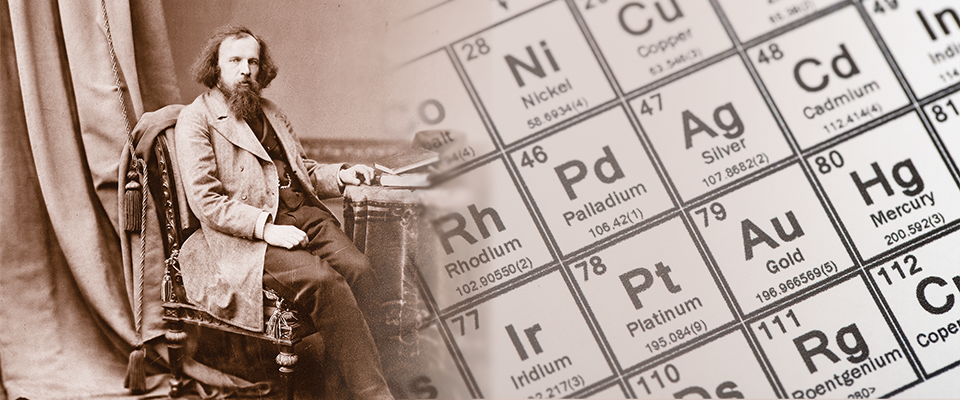The Tiny Ant with the Biggest Brain
When it comes to brain-to-body ratio, the animal that holds the record for the largest brain relative to its body size is not a mammal or a bird, but a tiny genus of ant known as Brachymyrmex. According to a 2009 study in the journal Brain, Behavior, and Evolution, these ants have the most remarkable brain-to-body ratio. Despite their microscopic size, Brachymyrmex ants have brains that are incredibly large relative to their body mass.
The Numbers Behind the Tiny Ant’s Brain
Brachymyrmex ants have an average body mass of just 0.049 milligrams, while their brain weighs around 0.006 milligrams. This means that their brain constitutes a larger proportion of their total body weight than most other animals, including humans. In fact, the brain of Brachymyrmex represents an astounding 12% of their body mass, which is far higher than any other known species.
Why Do These Tiny Ants Have Such Big Brains for Their Size?
The extraordinary brain-to-body ratio of Brachymyrmex ants may be linked to their complex social behavior and environmental challenges. Despite their small size, ants are known for their impressive organizational skills, communication methods, and cooperative strategies. The larger brain may help them process complex information, navigate their environment, and interact with other ants within their colony.
Additionally, their tiny size allows them to survive in environments where precise, efficient behavior is essential. These ants likely rely on their brains to effectively manage tasks like foraging, building, and defending their nests, which requires a high degree of coordination and problem-solving ability.
A Surprising Record
While humans are famous for their large brains in relation to their body size, the Brachymyrmex ants prove that intelligence is not always about size—sometimes it’s about efficiency and adaptation to specific needs. Their remarkable brain-to-body ratio challenges the traditional notion that bigger animals have the most brainpower and highlights the diversity of brain evolution across the animal kingdom.
The Animal with the Smallest Brain-to-Body Ratio: The Blue Whale
On the opposite end of the spectrum, the blue whale holds the title for having the smallest brain-to-body ratio among all animals. Despite being the largest animal on Earth, with an average weight of around 150 to 180 metric tons, a blue whale’s brain weighs about 4.5 to 5 kilograms (10 to 11 pounds). This is a relatively small brain compared to its enormous body, resulting in a very low brain-to-body ratio.
Why Such a Small Brain-to-Body Ratio?
The small brain-to-body ratio in blue whales and other large animals like elephants or sharks does not indicate low intelligence. Instead, it reflects the different evolutionary needs of these creatures. Blue whales rely heavily on their size, strength, and sensory systems, such as echolocation and sonar, to navigate the ocean and find food. The enormous size of their body and the relatively simple nature of their behavior in comparison to smaller, more nimble animals may be why they do not need a large brain relative to their size.
What about Humans?
When it comes to brain-to-body ratio, humans are at the top of the list. Known for their remarkable cognitive abilities, humans have a brain that weighs around 1.4 kilograms (3 pounds), which accounts for about 2% of their total body weight. This ratio is often referred to as the encephalization quotient (EQ), a measure of brain size relative to what would be expected based on body size. Humans have the highest EQ among all animals, which is a testament to our complex thought processes, problem-solving skills, creativity, and the ability to communicate in sophisticated ways.
Why Is Vitamin B12 Called the Energy and Blood-Boosting Vitamin? | Maya
Why Do Humans Have the Largest Brain-to-Body Ratio?
Humans’ large brains relative to their bodies enable advanced cognitive functions such as reasoning, emotional intelligence, and abstract thinking. The cerebral cortex, which is responsible for processing information, has an unusually high level of complexity compared to most other species. This brain-to-body ratio has been crucial in the evolution of language, culture, and technology, setting humans apart in the animal kingdom.


